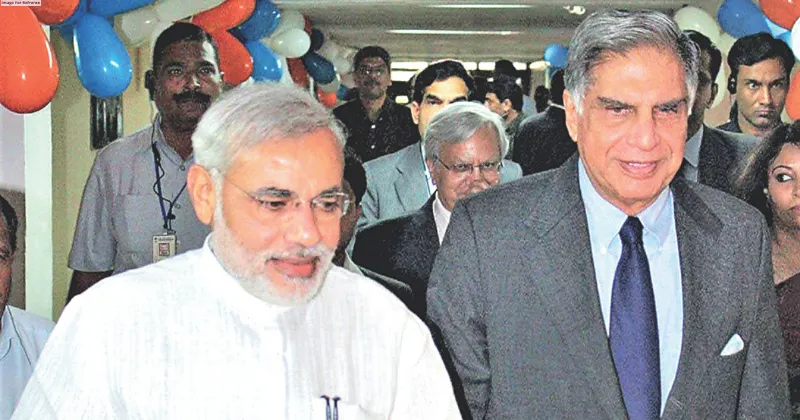Latest News
What about Mindfulness?

In spiritual practice, the two “M” words, meditation and mindfulness, tend to blend, and although meditation is far more commonly practiced, mindfulness is important for Buddhists in particular. Sometimes you run across the mixed phrase “mindfulness meditation,” but it is worthwhile to explore the specific advantages of mindfulness on its own, which turns out to be a tricky subject.
The principal confusion centers on how to define mindfulness. Its ancient origins in India are Vedic, preceding any religious use in Hinduism or Buddhism. After centuries of usage, mindfulness has come to mean many things depending on who you talk to. Some examples:
- Mindfulness is basically the same as meditation for quieting the mind.
- Mindfulness is bringing your focus to the present moment, not the past or future.
- Mindfulness is “remembrance of the whole” rather than focusing on a specific thought.
- Mindfulness involves moral consideration of what you are doing, saying, and thinking.
The subject can get much more arcane than this thumbnail sketch indicates, but studies have shown that mindfulness practice as used by psychologists and psychiatrists has benefits to mind and body similar to meditation. If you want to learn mindfulness, the recommended techniques begin with following your breath and being aware of your body, surroundings, and thoughts.
So far, despite debates about how to define mindfulness, no one would argue against any of these practices, so where are the hidden aspects I spoke of? The answer lies in what your final goal is. Like casual meditation that people do here and there, casual mindfulness is more or less a Band-Aid for when someone feels stressed or depressed in a passing way.
More serious goals emerge if you see yourself on a spiritual path, in which case you might be aiming to acquire present-moment awareness permanently. In the same vein, your goal might be a quiet mind, inner calm, the absence of depression, or the quelling of negative emotions. Rarely in the West or among everyday people anywhere is enlightenment the goal.
In fact, although this may sound shocking, you might be awakening by training yourself to be in the present moment, but not necessarily. There is no magic about the present moment, as witness the state of Alzheimer’s patients and the rare individuals who have lost their memory completely—both are forced by brain damage to be in the present, not to mention a disorder like paranoid schizophrenia, where hallucinatory inner voices are constant and inescapable.
The problem with a viable path to enlightenment—meaning a path that you follow every day to get closer to the goal—is that such a path is self-contradictory, to the point that it almost fits the old joke whose punchline is “You can’t get there from here.” To itemize the contradictions about getting to enlightenment,
- You don’t know the goal in advance.
- The goal is timeless while all paths take place in time.
- The mind cannot describe what is inconceivable as a thought, feeling, or experience.
- The path is personal while enlightenment is universal.
- The path is pursued at a specific location while enlightenment is nonlocal.
- Seeking self-improvement gets you no closer to enlightenment, since awakening isn’t affected by the enhancement of the ego.
These contradictions aren’t simply annoying. They define “the pathless path,” which is the only way to accurately describe how enlightenment is reached. This isn’t meant to sound baffling or to make the seeker feel helpless and without guidance. The Vedic conception of a pathless path works from everyday experience. If you pay close attention to your state of awareness, you will observe the following:
- Thoughts and feelings are transient. They naturally rise and fall.
- How and where thoughts and feelings come from is unknown and unpredictable.
- How you retrieve a memory is a process unknown to you even though you do it all the time.
- Creative impulses come out of nowhere.
- Peak experiences are inexplicable, as are glimpses of bliss and ecstasy.
- Insight cannot be taught and seems to come out of the blue.
- Child prodigies cannot be explained by the current understanding of either genes or brain development in children.
- Spiritual epiphanies are real but seemingly strike at random and are often denied to those who crave them the most, the devoutly religious.
This is a long list of common experiences that at the same time defy explanation, yet through the process of awakening, the mystery disappears. You become aware, naturally and spontaneously of certain facts that underlie consciousness itself. First and foremost, there is a field of pure awareness that has no features, the way a blank sheet of paper has no words even though every possible word can be written on it.
These realizations do not come to the awakened piecemeal. This is where “remembrance of the whole” comes in. You see (or realize or remember— any synonym will do) that you are the field. It isn’t separate from your true self. Knowing this, you merge into the field in a state of unity consciousness where “me” and “not me” are meaningless.
THE VIEWS EXPRESSED BY THE AUTHOR ARE PERSONAL
Deepak Chopra The writer is MD, FACP, FRCP founder of the Chopra Foundation, a non-profit entity for research on well-being and humanitarianism, and Chopra Global





















